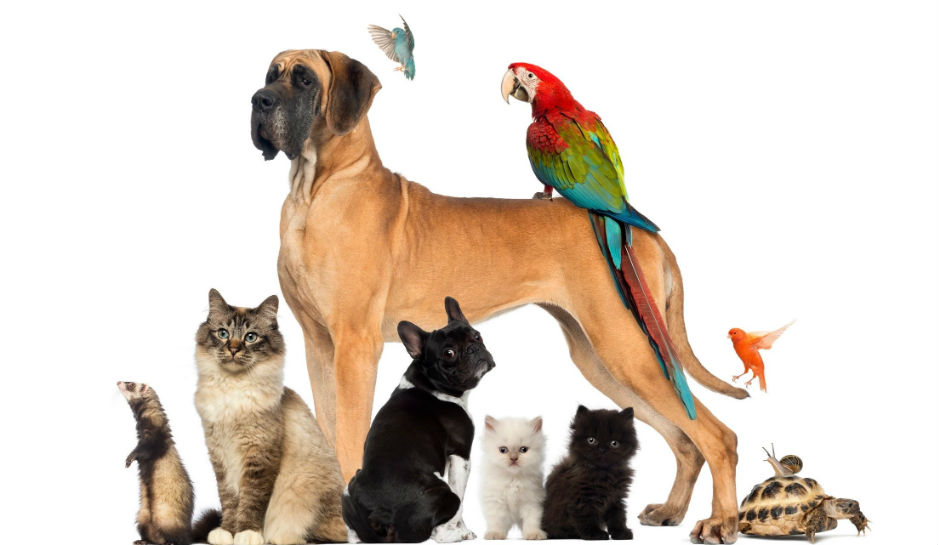Zoonotic Diseases are caused by infections that spread between animals and people. Although, animals provide many benefits to people, some animals can carry harmful germs that cause illnesses in people. These illnesses are known as zoonotic diseases, (zoe-oh-NOT-ic) diseases or zoonoses.
Every year, tens of thousands of people will get sick from zoonotic diseases.
Zoonotic Diseases Spread
Harmful germs like fungi, bacteria, viruses, and parasites cause zoonotic diseases. These germs can cause a variety of illnesses in people and animals — from mild to serious illness — and even death.
Some animals can appear to be completely healthy even when they’re carrying germs that can make people sick.
Zoonotic diseases are very common around the world. Scientists estimate that more than six out of every 10 known infectious diseases in people are spread from animals.
Furthermore, three out of every 4 new or emerging infectious diseases in people are spread from animals.
Top zoonotic diseases of national concern in the United States — prioritized by the CDC:
- Zoonotic influenza
- Salmonellosis
- West Nile virus
- Plague
- Emerging coronaviruses (e.g., severe acute respiratory syndrome (SARS) and Middle East respiratory syndrome (MERS))
- Rabies
- Brucellosis
- Lyme disease
How Germs from Animals Spread
People and animals have a close connection. Each day, many people interact with animals, both at home and away from home.
Pets offer entertainment and companionship. Millions of households have one or more pets. We might come into close contact with animals at a petting zoo or county fair. We might also encounter wildlife while taking in the pleasures of outdoor activities.
In addition, animals are an important food source and provide eggs, dairy, and meat.
However, it’s important to be aware of the common ways people can be infected with germs that can cause zoonotic diseases.These can include:
- Indirect contact: Indirect contact entails coming into contact with areas where animals roam and live. Additionally, coming in contact with surfaces or objects that have been contaminated with germs is a form of indirect contact. Examples of indirect contact include plants, soil, chicken coops, pet habitats, aquarium tank water, and pet food and their water dishes.
- Direct contact: Direct contact involves coming in contact with the blood, mucous, feces, saliva, and urine, including other body fluids of an infected animal. Examples include touching or petting animals, and scratches or bites.
- Foodborne: Each year, 1 in 6 Americans get sick from eating contaminated food. Eating or drinking something unsafe — like under-cooked meat or eggs, unpasteurized milk, and raw fruits and vegetables that are contaminated with feces from an infected animal is a way people contract a zoonotic disease.
- Vector-borne: Vector-borne infections come from tick, flea, or mosquito bites.
Who’s at Risk
Anyone can become sick from a zoonotic disease, including healthy people. However, some people may be more at risk than others may.
Higher risk people should take steps to protect themselves or family members. These people are more likely than others to get really sick — and even die, from infection with certain diseases.
These groups of people include:
- Adults older than 65
- People with weakened immune systems
- Children younger than 5
Protect Yourself and Your Family
People can encounter animals in many places. This includes at home and away from home, in places like parks, schools, fairs, petting zoos, and stores.
Insects, like fleas, ticks, and mosquitoes bite people and animals day and night. Fortunately, there are things you can do to protect yourself and your family from zoonotic diseases.
- Keep your hands clean. Washing your hands right after being around animals, even if you didn’t touch any animals, is one of the most important steps you can take to avoid getting sick and spreading germs to others. Always wash your hands after being around animals, even if you didn’t touch the animals. Many germs are spread by not washing hands with soap and clean, running water. If clean, running water is not accessible, use soap and available water. If soap and water are unavailable, use an alcohol-based hand sanitizer that contains at least 60 percent alcohol to clean hands. Because hand sanitizers don’t eliminate all types of germs, it is important to wash your hands as soon as soap and water are available.
- Prevent bites from fleas, ticks and mosquitoes.
- Learn more about ways to handle food safely — Handle food safely, whether it’s for yourself or your family, your pet, or other animals.
- Be aware of zoonotic diseases both at home, away from home — when you travel, at petting zoos or other animal exhibits, in childcare settings or schools.
- Avoid scratches and bites from animals.
Pet Health Benefits
Having a pet offers many health benefits. Pets can increase your chances of socializing, getting outside, and taking advantage of the opportunity to exercise.
Regular walking or playing with pets can decrease cholesterol levels, triglyceride levels, and blood pressure. Additionally, pets can help manage depression and loneliness by giving us companionship.
Moreover, studies have shown that the bond between people and their pets can lower stress, increase fitness, and bring about happiness to their owners.
However, pets can sometimes carry harmful germs that can make us sick even when the pet appears healthy.
Please take the advice offered by the CDC. Protect yourself and your family. Avoid contracting zoonotic diseases and be cautious when around animals.